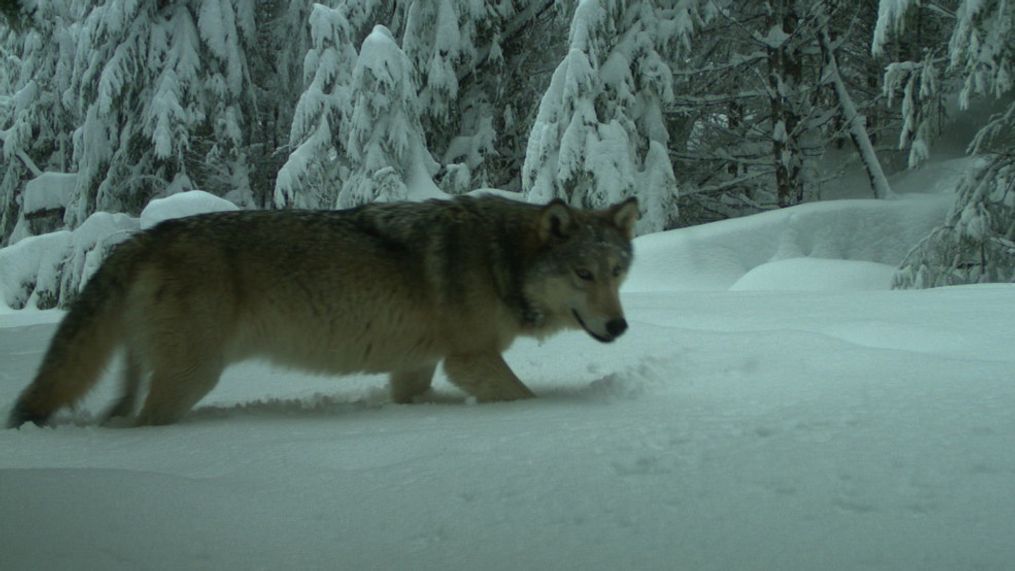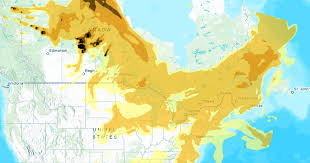
Introduction
Wolves are a vital part of the ecosystem, known for their role as apex predators in maintaining ecological balance. Their presence has significant implications for biodiversity and the health of ecosystems. Recent conservation efforts across Canada are vital in understanding how we can support these magnificent creatures and their habitats in the face of urban expansion and climate change.
Recent Events and Facts
In Canada, wolves are found in various habitats from coast to coast, including forests, tundras, and mountains. They play a crucial role in controlling the population of ungulates like deer and moose, which helps in maintaining the health of plant communities and promoting biodiversity. In recent months, wildlife organizations have reported ongoing initiatives aimed at protecting wolf populations. The Y2Y Conservation Initiative, which spans from Yellowstone National Park in the United States to the Yukon in Canada, emphasizes the need for cross-border habitat preservation.
Various provinces, including British Columbia and Alberta, have conducted studies to monitor wolf populations, with a focus on understanding their genetics, social structures, and health. The Canadian government has also recognized the significance of wolves in the cultural heritage of Indigenous peoples, leading to collaborative efforts that respect Indigenous rights while enhancing wolf conservation strategies.
Challenges Facing Wolves
Despite these positive developments, wolves face several threats. Habitat loss due to urban development, agriculture, and climate change is a significant concern. Additionally, hunting and trapping regulations vary across provinces, which can lead to overharvesting in some areas. According to the Canadian Wildlife Federation, maintaining sustainable populations requires better public policy and education on the ecological role of wolves.
Conclusion
The conservation of wolves in Canada is not just about saving a species; it is about preserving an entire ecosystem. As apex predators, wolves help maintain the balance of their environments, which in turn supports a multitude of life forms. The commitment to conserving wolves through public policy and community engagement is crucial. Looking forward, it is essential for individuals and organizations to continue advocating for research, education, and sustainable practices that ensure wolves thrive in their natural habitats. By fostering a deeper understanding and appreciation for these remarkable animals, Canadians can contribute to a healthier and more biodiverse environment.






